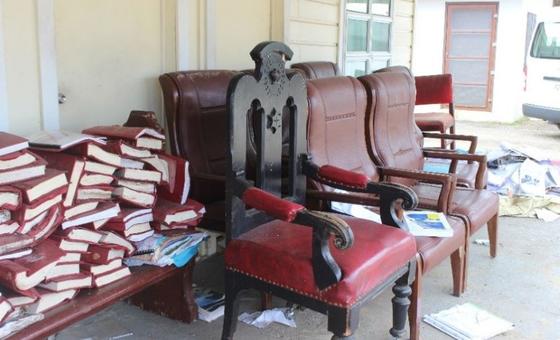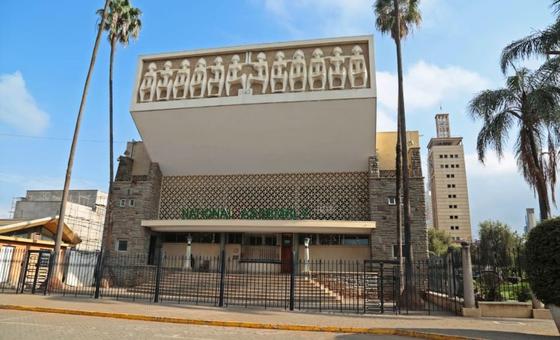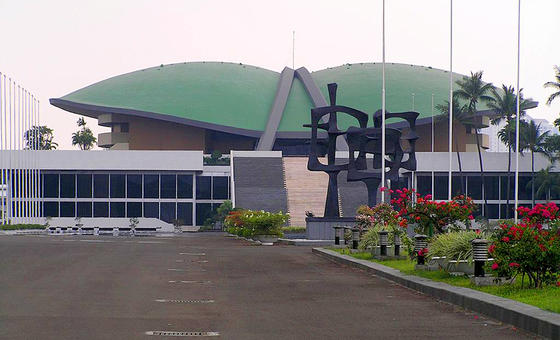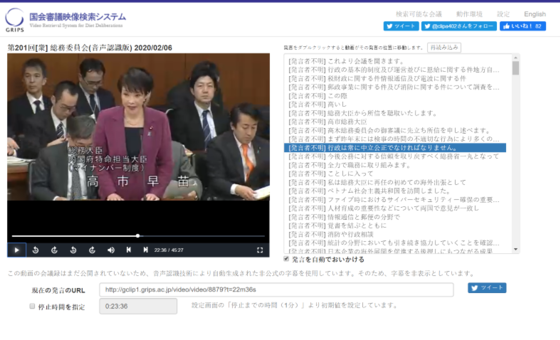- ImpactWe help parliaments to become greener and to implement the Paris agreement.We support democracy by strengthening parliamentsWe work to increase women’s representation in parliament and empower women MPs.We defend the human rights of parliamentarians and help them uphold the rights of all.We help parliaments fight terrorism, cyber warfare and the proliferation of weapons of mass destruction.We encourage youth participation in parliaments and empower young MPs.We support parliaments in implementing the SDGs with a particular focus on health and climate change.
- ParliamentsNearly every country in the world has some form of parliament. Parliamentary systems fall into two categories: bicameral and unicameral. Out of 190 national parliaments in the world, 78 are bicameral (156 chambers) and 112 are unicameral, making a total of 268 chambers of parliament with some 44,000 members of parliament. IPU membership is made up of 180 national parliaments
Find a national parliament
We help strengthen parliaments to make them more representative and effective. - EventsVirtual eventThe International Court of Justice (ICJ) was constituted under the United Nations Charter to help nations settle disputes peacefully in accordance with international law.
- Knowledge
Discover the IPU's resources
Our library of essential resources for parliamentsGlobal data for and about national parliamentsLatest data and reports about women in parliamentResolutions, declarations and outcomes adopted by IPU MembersRecent innovations in the way parliaments workThe latest climate change legislation from the London School of Economics' database
Issue 4
IPU Innovation Tracker
The quarterly electronic bulletin from the Centre for Innovation in Parliament
Issue 4
Welcome to the fourth edition of the Innovation Tracker, which includes examples from the parliaments of Bhutan, Indonesia, Kenya and Tonga, and updates from the Centre’s hubs.
CIP Steering Committee meeting
The CIP Steering Committee meeting was held on 9 December 2019 with 16 participants representing parliaments that host CIP thematic and regional hubs, key stakeholders and supporters, including the Assembly of the Republic of Portugal, ECPRD, the European Commission, and INTER-PARES / International IDEA. The meeting was held online, courtesy of the European Parliament DG ITEC that generously made available its online video conferencing system.
The CIP Secretariat presented its 2019 report, and the Hubs their 2019 achievements and challenges, and outlook for 2020. They also presented their priorities and plans, which was followed by a discussion on possible improvements to the Centre's working arrangements, and a proposed way forward. The overall takeaway from the discussion was that the 2020 priorities should include: (1) to increase the number of parliaments involved in CIP, and (2) to reinforce the level of engagement of those parliaments that are already involved. This in order to ensure a larger base of parliaments for the sharing of innovation knowledge and practices, and to maximize potential synergy across hubs and the various CIP activities.
Innovation Tracker contributions
We are posting examples of innovation in parliament on Twitter using the hashtags #innovation #parliament. Please join us in using these hashtags, or send us good examples that we can share!
Do you have an example of innovative parliamentary working methods to share in the Innovation Tracker? Tell us about it via this online form or by e-mail to [email protected].
Updates from the hubs
Thematic
The Inter-Parliamentary Open Data Cloud
Open data hub
In December 2019, the Inter-Parliamentary Open Data Cloud, the first project of the Open Data Hub, published its first Proof of Concept which demonstrated that it was possible to search English translations of legislative documents from five parliaments: Brazil, Canada, Estonia, the European Parliament, and Spain.
The project team will now invite more parliaments that produce open data to join. This will mean more data, more sophisticated tools, and more value for MPs proposing new bills and researchers working on comparative legislation. The Open Data Hub will meet from 16 to 19 March 2020 as part of a Thematic Hubs event to be held at the House of Commons of Canada in Ottawa. The meeting will evaluate progress made so far and plan for the next steps. This will be an opportunity for parliaments that are not yet participating to get more information and consider joining the project. The meeting is particularly suitable for IT directors and technical specialists.
More information about the Inter-Parliamentary Open Data Cloud is provided by this introductory video at bit.ly/opendatahub-ipu.
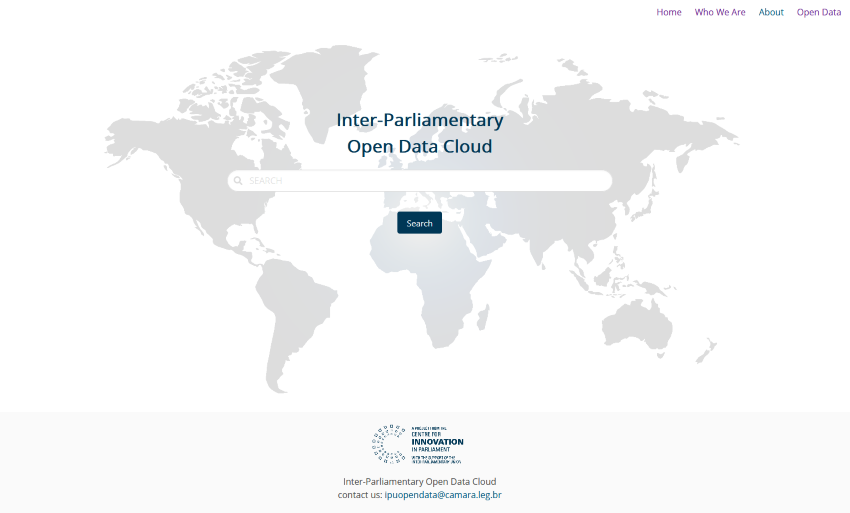
Image: Proof of Concept website
Host: Brazil
Open data hub
Presenting the online learning platform for parliaments
ICT governance hub
The online learning platform for parliaments to support a wide development of maturity in IT governance, continues to grow with 96 individual accesses that have been granted for staff belonging to 52 parliaments and other organizations. Among these, 11 have recorded information related to their IT maturity status.
In the fourth quarter of 2019, the Hub made a presentation together with the Centre for Innovation in Parliament (CIP) at the ICT2019 Seminar (3-4 October) of the European Centre for Parliamentary Research and Documentation (ECPRD) at the Estonian Parliament. It engaged in peer-to-peer support activity with the National Assembly and National Council of Bhutan (25 September), and the Chamber of Deputies of Brazil (18 September) in Brasilia. The Hub will also meet as part of the Thematic Hubs event in Ottawa (18-19 March 2020) which will be the Hub’s first face-to-face meeting since its establishment. The intention is to assess opportunities for further inter-parliamentary collaboration, to promote IT governance concepts and practices, including by sharing digital strategies and potentially taking part in regional training events. Representatives from the Central Service attached to the Cabinet of the Secretary-General and the Directorate-General for Innovation and Technological Support (DG ITEC) of the European Parliament, who host the hub, will facilitate a dedicated meeting in Ottawa concerning a potential new hub on digital archiving that could help parliaments share archiving innovations and practices, as well as guide them at the various stages of their digital archiving services.
Regional
Yammer, new members and a workshop
Pacific hub
The New Zealand Parliament regional hub team initiated the Pacific Yammer space and recruitment of members (the Pacific region IPU Members include: Australia, Federated States of Micronesia, Fiji, Marshall Islands, New Zealand, Palau, Papua New Guinea, Samoa, Timor-Leste, Tonga, Tuvalu, and Vanuatu). Through the Yammer space it published resources and started discussion threads (for example, business continuity, social media benchmarks, and an outline of an ICT assessment report).
In October 2019, a parliamentary outreach and citizen engagement workshop was held in Samoa organized by the United Nations Development Programme (UNDP). Representatives from 11 Pacific Island parliaments attended the workshop: Cook Islands, Federated States of Micronesia, Fiji, Kiribati, Nauru, Niue, Papua New Guinea, Samoa, Solomon Islands, Tonga and Vanuatu, with resource people from Australia and New Zealand. Participants were mainly staff responsible for community engagement in their parliaments. The use of digital technology was discussed widely throughout the training. It was recognized that social media had become an important community engagement tool for Pacific Island parliaments, as it had for parliaments around the world. Some Pacific Island parliaments have actively embraced social media, others are cautiously adopting it, and some have yet to take it up. The workshop participants agreed that it would be useful to establish a Pacific benchmark or standard for social media use by Pacific Island parliaments. Such a benchmark would enable parliaments already using social media to measure their performance against an agreed benchmark. As for other events, Hub co-convenor Hans Landon-Lane (New Zealand) presented at the regional Australasian Study of Parliament Group and the Pacific Parliamentary Forum in 2019 on social media disruption.
Host: New Zealand
Pacific hub
Meeting and planning
Southern African hub
The Hub’s Steering Committee, composed of secretaries general and clerks, met at the 141st IPU Assembly in Belgrade. It decided to meet twice a year during the IPU Assemblies. The next meeting will be held in the first quarter of 2020 to approve the work plan. A second meeting will be convened in the fourth quarter to discuss the Hub’s progress and make decisions or approvals as might be required. An ICT strategic planning mission to the National Assembly of Botswana (27-31 January 2020) was supported by the National Assembly of Mauritius, National Assembly of Zambia, and the United Nations Economic Commission for Africa (UNECA). Preparations for the mission included establishing a methodology for ICT strategic planning which could serve as a blueprint for similar future activity. The Secretariat of the Southern Africa Development Community – Parliamentary Forum (SADC-PF) also requested the Hub to assist with the development of an ICT strategy and (re)design of its website.
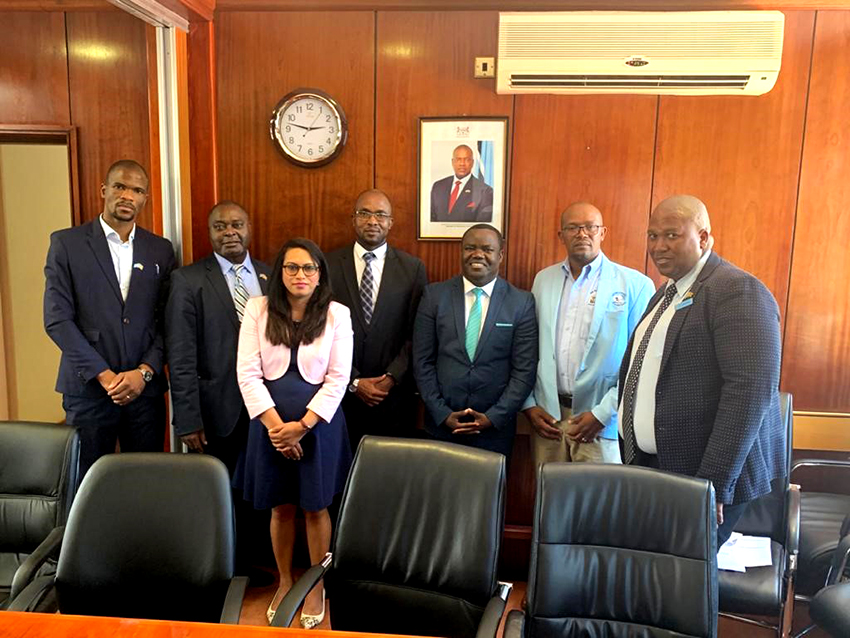
Image: The mission team of the Southern Africa Regional Hub represented by the National Assembly of Zambia, and Parliament of Mauritius, visits the Parliament of Botswana to assist the latter in the preparation of its ICT strategic plan. © Michael Mukuka
Host: Zambia
Southern African hub





